Dr. Katrin Schmelz
Growing up in East Germany, next to the so-called “death strip” with a heavily guarded double fence and minefields, I have always wondered who I would have been had I been born 2km to the West, sparking my curiosity about the impact of cultures and institutions on behavior. I hold a postgraduate degree in psychology (University of Jena). My PhD dissertation in economics at the Max Planck Institute for Economics in Jena (first supervisor Simon Gächter) received the Heinz Sauermann Prize of the GfeW (German Association for Experimental Economic Research e.V.). I am a postdoctoral researcher in Urs Fischbacher's group at the University of Konstanz and the Thurgau Economic Institute (TWI) and member of the Cluster of Excellence “The Politics of Inequality”. I have joined the Santa Fe Institute (SFI) as an Omidyar fellow in August 2023, and following that, I will become a professor at the Technical University of Denmark (DTU).
Research Interests
Culture, institutions and behavior; (intrinsic) motivation and incentives; public policy; health economics; experimental & behavioral economics; economic psychology
Recent awards
Award for Courageous Science (Landespreis für Mutige Wissenschaft), 2022
Endowed with €30.000, shared with Sireen El Zaatari
Scientific Award of the Messmer Foundation, 2022
Endowed with €10.000
Publications
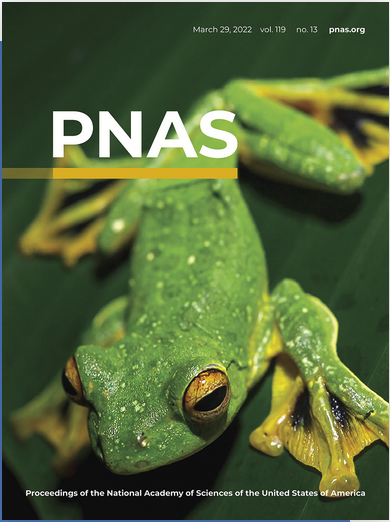
Schmelz, K. & Bowles, S. (2022). Opposition to voluntary and mandated COVID-19 vaccination as a dynamic process: Evidence and policy implications of changing beliefs. Proceedings of the National Academy of Sciences of the United States of America (PNAS), 119(13).
Media coverage (selected): Newspapers - Science News: Do COVID-19 vaccine mandates still make sense? - Nature News Feature: Did COVID vaccine mandates work? - Spiegel online interview - NTV "Impfskepsis ist nicht unveränderlich" - FAZ.net "Die Impfentscheidung muss raus aus der politischen Ecke" TV and Video - Tagesschau "Zu den Auswirkungen einer Impfpflicht" Radio and Podcasts - NDR Info - Redezeit: „Klares Ziel oder Scheindebatte – Kommt die allgemeine Impfpflicht?“
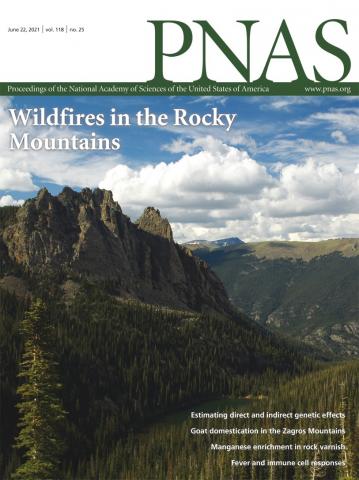
Schmelz, K. & Bowles, S. (2021). Overcoming COVID-19 vaccination resistance when alternative policies affect the dynamics of conformism, social norms and crowding-out. Proceedings of the National Academy of Sciences of the United States of America (PNAS), 118(25).
Media coverage (selected): Newspapers - Washington Post "Monkey Cage" - The Guardian - Bloomberg Opinion - Newsweek Japan - Radio France Internationale TV and Video - ARD Tagesschau - DW Deutsche Welle (from min 8) - ZDFzoom+ "Geimpft oder nicht?" (17:25 and 28:20) - ZDF zoomIN (from min 8:28) - ZDF live "Volle Kanne" (from 4:10) - WDR aktuell live (from 48:43) - DW Deutsche Welle (from 3:15) - ZDF heute live Q&A Radio and Podcasts - DLF (Deutschlandfunk) live "Zur Diskussion" - DLF "Forschung aktuell" - Tagesschau Podcast "Mal Angenommen" (18.11.2021) - Radio eins (RBB) - Deutsche Welle Podcast "Science unscripted" (English)
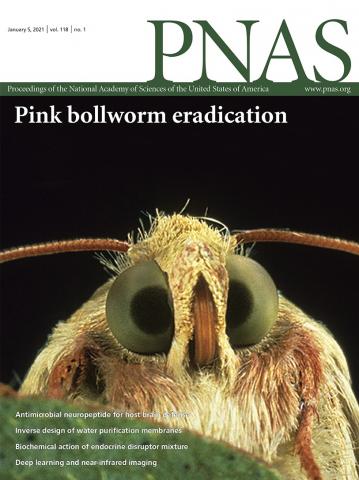
Schmelz, K. (2021). Enforcement may crowd out voluntary support for Covid-19 policies, especially where trust in government is weak and in a liberal society. Proceedings of the National Academy of Sciences of the United States of America (PNAS), 118(1).
Media coverage (selected): - DLF "Forschung aktuell" & "Aus Kultur- und Sozialwissenschaften" - ntv Podcast "Ja. Nein. Vielleicht." - F.A.Z. "Wissen - Der Podcast" - ZDF heute - ZEIT, Süddeutsche, Tagesschau, DIE WELT (based on dpa article) - Internazionale - Times of India

Schmelz, K. & Ziegelmeyer, A. (2020). Reactions to (the absence of) control and workplace arrangements: Experimental evidence from the Internet and the laboratory. Experimental Economics, 23(4), 933–960. (SM)
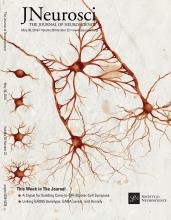
Rudorf, S., Schmelz, K., Baumgartner, T., Wiest, R., Fischbacher, U., & Knoch, D. (2018). Neural mechanisms underlying individual differences in control-averse behavior. The Journal of Neuroscience, 38(22), 5196-5208.
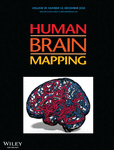
Rudorf, S., Baumgartner, T., Markett, S., Schmelz, K., Wiest, R., Fischbacher, U., & Knoch, D. (2018). Intrinsic connectivity networks underlying individual differences in control-averse behavior. Human Brain Mapping, 39(12), 4857-4869.

Ziegelmeyer, A., Schmelz, K., & Ploner, M. (2012). Hidden costs of control: Four repetitions and an extension. Experimental Economics, 15(2), 323-340.
You can find all chair´s publications here.
Working Papers
Dvorak, F., Fischbacher, U. & Schmelz, K. Incentives for conformity and anticonformity, 2022. Revise & resubmit at the Economic Journal.
Schmelz, K., Bowles, S. & Ziegelmeyer, A. Institutions affect preferences: The value of autonomy under liberal and authoritarian regimes, 2023. (New paper based on TWI Research Paper Series 117, 2020.)
Fischbacher, U., Freidin, E. & Schmelz, K. Cooperation, bribery, and the rule of law, 2022.
Fischbacher, U., Grammling, D. & Schmelz, K. Discrimination by target or trait? The role of political orientation and Moral Foundations, 2021.
Dohmen, D. & Schmelz, K. Adverse effects of privacy violations and spying, 2020.
Schmelz, K. E-nstructions: A tool for electronic instructions in laboratory experiments, 2011. (webpage)
You can find all chair´s working papers here.
Curriculum Vitae
Please find my CV here.

